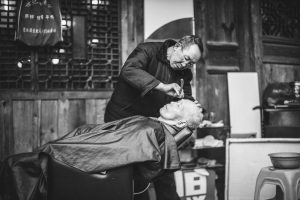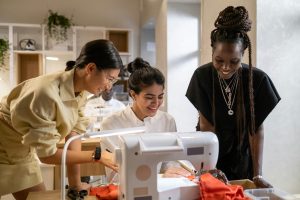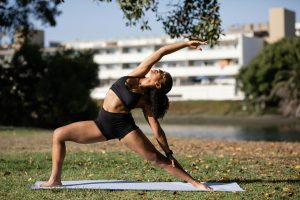Retail for Different Lifestyles: Activity-Specific Shopping Approaches
About 40% of shoppers say that their lifestyle and daily activities play a significant role in their purchasing decisions, according to a survey by Accenture. As a result, retailers have shifted their focus from just selling products to creating shopping experiences tailored to different lifestyles. This has given rise to activity-specific shopping approaches, where retailers cater to the unique needs and preferences of different consumer groups. In this article, we will explore the concept of retail for different lifestyles and how it is shaping the modern shopping experience.
The Rise of Retail for Different Lifestyles
In today’s fast-paced world, the way people live their lives has become more diverse than ever before. From urban millennials to suburban families, each group has its own set of needs, preferences, and shopping habits. As a result, retailers have started to focus on creating shopping experiences that cater to these unique lifestyles. This trend has been further accelerated by the rise of e-commerce, which has made it easier for consumers to search for and purchase products that align with their specific lifestyles.
The Importance of Understanding Lifestyles
To effectively cater to different lifestyles, retailers need to understand the unique needs and preferences of their target consumer groups. This involves analyzing their daily activities, interests, values, and attitudes towards shopping. For instance, a sportswear retailer catering to active lifestyle consumers would offer a wide range of products specifically designed for different physical activities, such as running, yoga, or hiking. They would also consider factors like comfort, performance, and style in their product selection, as these are important to this particular group.
Activity-Specific Shopping Approaches
One of the most prominent examples of retail for different lifestyles is the rise of activity-specific shopping approaches. This involves targeting consumers based on a particular activity or interest and creating a shopping experience that revolves around it. For instance, a retailer might focus on outdoor enthusiasts and offer a wide range of products, from camping gear to hiking boots, along with in-store events and workshops related to these activities.
Similarly, retailers can target other lifestyles, such as eco-conscious consumers or tech-savvy individuals, and offer products and experiences that cater to their specific interests. This includes eco-friendly products and services, as well as opportunities for product customization and personalization, which are highly valued by tech-savvy consumers.
The Impact on Traditional Retail
The rise of retail for different lifestyles has also had a significant impact on traditional brick-and-mortar stores. As more consumers turn to e-commerce for their shopping needs, physical retailers have had to step up their game to remain competitive. This has resulted in the emergence of experiential retail, where stores focus on creating immersive and interactive shopping experiences to attract customers.
Physical retailers have also started to incorporate elements of activity-specific shopping into their stores. For instance, a department store might have a dedicated section for sports enthusiasts, where consumers can try out different products and attend workshops and events related to their interests. This not only creates a unique shopping experience but also encourages customers to spend more time in-store and make more purchases.
In Conclusion
Retail for different lifestyles has become a crucial aspect of the modern shopping landscape. By catering to the unique needs and preferences of diverse consumer groups, retailers are not only able to attract and retain customers but also foster brand loyalty. As the retail industry continues to evolve, it is essential for retailers to understand the importance of catering to different lifestyles and embrace activity-specific shopping approaches to stay ahead of the competition.










